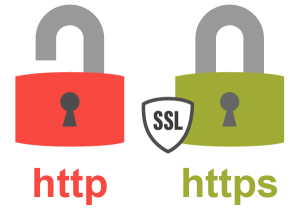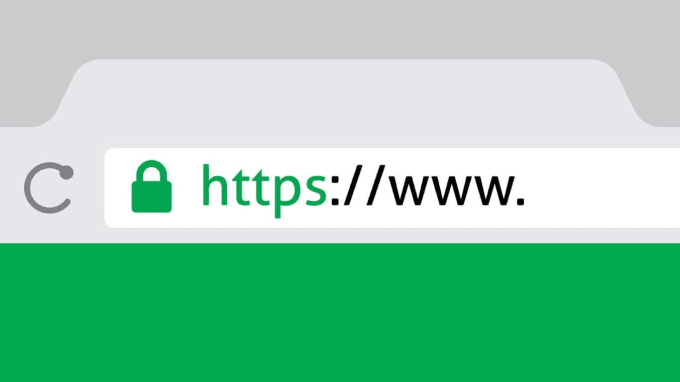Hi, Dave Fox here from Starscape SEO. HTTPS stands for HyperText Transfer Protocol Secure.
It’s an extension of HTTP, which is the protocol used for sending data between your browser and the website you’re visiting.
The key difference is that HTTPS encrypts this data, ensuring that it remains secure while in transit.
Here’s a breakdown:
Why HTTPS is Used

Encryption
HTTPS uses SSL/TLS (Secure Sockets Layer/Transport Layer Security) to encrypt the data exchanged between the user and the website. This makes it much harder for anyone intercepting the data (like hackers) to read or alter it.
Authentication
It verifies the identity of the website, ensuring users are communicating with the correct site and not a fake one (prevents phishing).
Data Integrity
It ensures that the data you send and receive hasn’t been tampered with during transmission. Any interference would be detected, ensuring data remains unchanged.
What Happens if HTTPS is Not Used (Just HTTP)
No Encryption
If you’re on a website using HTTP, your data is sent in plain text. This means anyone intercepting the communication (such as on a public Wi-Fi network) can easily read everything you’re sending and receiving, including sensitive information like passwords, credit card numbers, etc.
Vulnerability to Man-in-the-Middle (MitM) Attacks
Without HTTPS, attackers on the same network (especially public Wi-Fi) can easily perform a MitM attack. They can eavesdrop, intercept, or even alter the communication between you and the website without you knowing.
Lack of Trust Indicators
Modern browsers now mark HTTP sites as “Not Secure,” alerting users to the risks. This can harm the credibility of a website, especially if users are expected to provide sensitive information.
The Risks on Public Wi-Fi

Public Wi-Fi is particularly dangerous if you’re accessing websites without HTTPS.
Since these networks are often unsecured, it’s relatively easy for hackers to intercept data being transmitted over them. If you’re logging into websites using just HTTP, a hacker can:
Sniff out your credentials
This is done by capturing the data packets between your device and the website. With HTTP, those packets are unencrypted and can contain things like your login details.
Hijack your session
They can steal session cookies, allowing them to impersonate you without needing your password.
Some Still Miss This Critical Step
It’s surprising how often even big-name companies, artists, and public figures—who should be more tech-savvy or have access to top-tier web developers—miss the crucial step of securing their websites with HTTPS.
In fact, many celebrity websites or even sites of large corporations have been caught still running on insecure HTTP. This leaves them vulnerable to cyberattacks, despite their resources and reputations being at stake.
Here’s why this happens:
Overlooked by Teams
Even though HTTPS is now a standard practice, some teams managing these high-profile sites may overlook it, perhaps due to poor communication or a lack of awareness about its importance.
Cost of Transition
For large companies, migrating to HTTPS involves a massive effort, especially if their infrastructure is dated or sprawling. The complexity of updating every subdomain or section can lead to delays or missed steps.
Complacency or Assumed Safety
Sometimes, famous figures or organizations assume their sites are already protected, or they might think they’re “too big” to be targeted by hackers—when in reality, they’re prime targets.
Reputation Damage
The irony is that these public figures, whether artists or companies, are trusted by millions, and their security lapse can undermine that trust.
For example, users might avoid purchasing merch from an artist’s store or logging into a fan site if they see it’s not secure, which can damage both the brand’s credibility and revenue.
Data Breach Risks
Without HTTPS, fan interactions, personal messages, payment data, or even login credentials can be compromised. If a high-profile breach occurs, it can make headlines, and the PR fallout can be disastrous.
Ultimately, even the biggest names can make this simple but crucial error, leaving their data and their followers’ information exposed to serious threats. The lesson? No one is immune to cybersecurity basics!
In Summary
Using HTTPS is crucial for privacy and security, especially on public Wi-Fi. If a website doesn’t use HTTPS, any data you send or receive can be intercepted by malicious actors.
HTTPS ensures that your connection is encrypted, authenticated, and secure from tampering, significantly reducing the risks of getting hacked.

Call or Text Starscape SEO: (519) 208-8680


